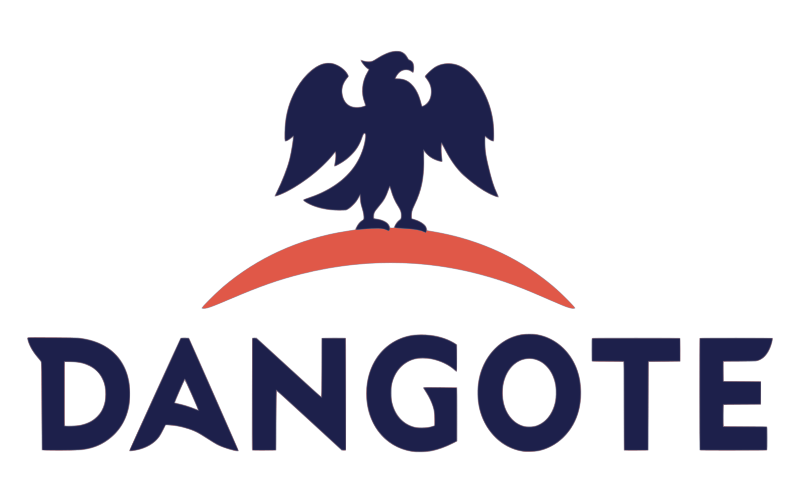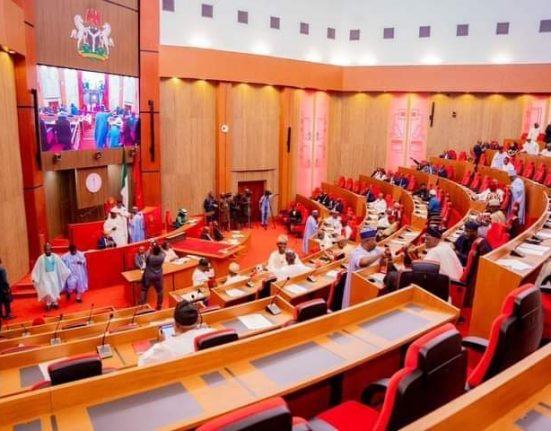India’s state-owned refineries have stepped up purchases of Nigerian crude, even as Nigeria’s $20 billion Dangote Petroleum Refinery increasingly relies on oil imports from the United States. The development, described by industry watchers as an “oil trade irony,” underscores the complex interplay of geopolitics, pricing, and supply chain realities in the global crude market.
Under U.S. pressure to scale back Russian oil imports, Indian Oil Corporation (IOC) recently bought one million barrels of Nigeria’s Agbami crude for September delivery in a tender awarded to global trader Trafigura. This forms part of a broader push by Indian refiners to secure millions of barrels from non-Russian sources. In early August, both IOC and Bharat Petroleum Corporation Limited (BPCL) booked more than 20 million barrels for September and October deliveries from countries including Nigeria, Angola, the United States, and the United Arab Emirates.
Ironically, while Indian refiners increase their purchases of Nigerian grades, the Dangote Refinery, Africa’s largest refining complex, has been sourcing most of its feedstock from the U.S. In July, the refinery imported a record 590,000 barrels per day (bpd) of crude, of which 370,000 bpd, or about 60%, came from American grades such as West Texas Intermediate (WTI). Nigerian grades, including Amenam, Bonny Light, and Escravos, made up the remaining 40%. This marked the first time U.S. crude overtook Nigerian supply in the refinery’s intake since operations began.
Data from commodities analytics firm Kpler shows that Dangote’s pivot to U.S. barrels is driven partly by price competitiveness and availability. With WTI struggling to find buyers in Asia amid rising OPEC+ output and a drop in Murban spot premiums earlier in the year, Nigerian buyers found American crude more attractive. At the same time, Dangote has faced challenges securing an adequate domestic supply under the Domestic Crude Supply Obligations, a problem also raised by other local refineries.
Despite these sourcing hurdles, Nigeria’s upstream oil sector is experiencing relative stability. National crude and condensate production averaged 1.75 million barrels per day in July—the highest three-month average in more than five years, helped by reduced pipeline disruptions and increased onshore output from indigenous operators. Some key Nigerian crude grades once destined for domestic refining have instead been exported, with certain shipments even making their way to Canada and the United States.
Dangote Refinery, which is currently operating at about 85% of its nameplate capacity, plans to scale up to 700,000 bpd in the coming months. Most of its output consists of gasoline for domestic use, with some volumes exported to countries such as Oman and the Ivory Coast. The refinery also produces jet fuel for West Africa and parts of Europe. However, analysts caution that operating at full capacity may be challenging in the near term due to potential mechanical issues and maintenance requirements.
For now, the unusual situation remains: Nigeria is exporting millions of barrels of crude to India and other markets, while its flagship refinery turns to the United States for a majority of its feedstock, a juxtaposition that highlights the sometimes counterintuitive realities of the global oil trade.








